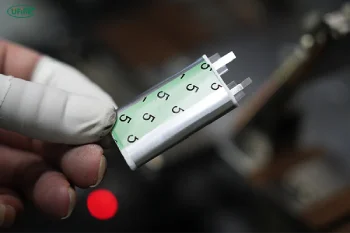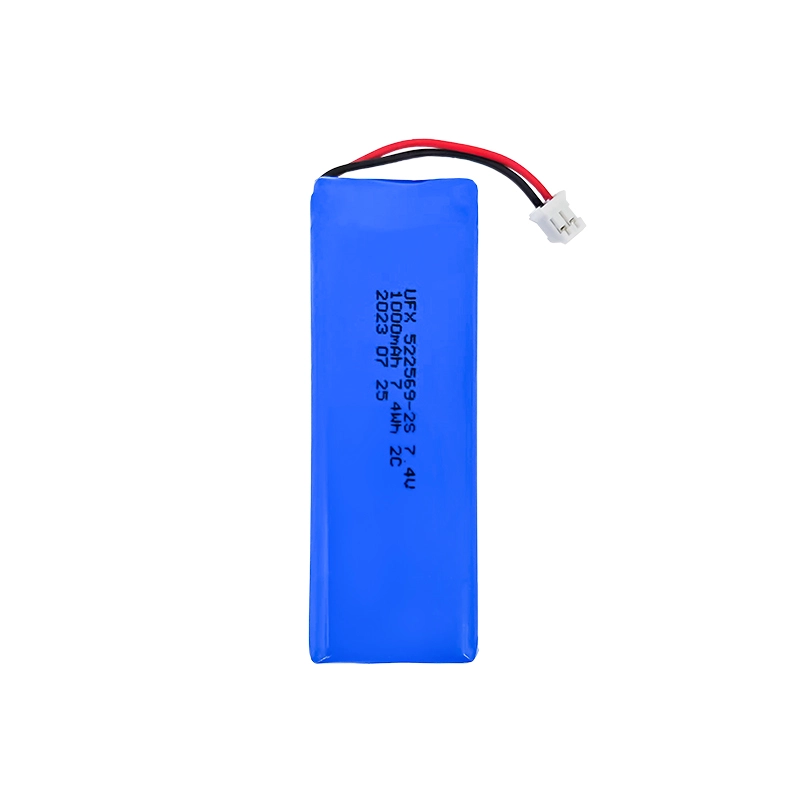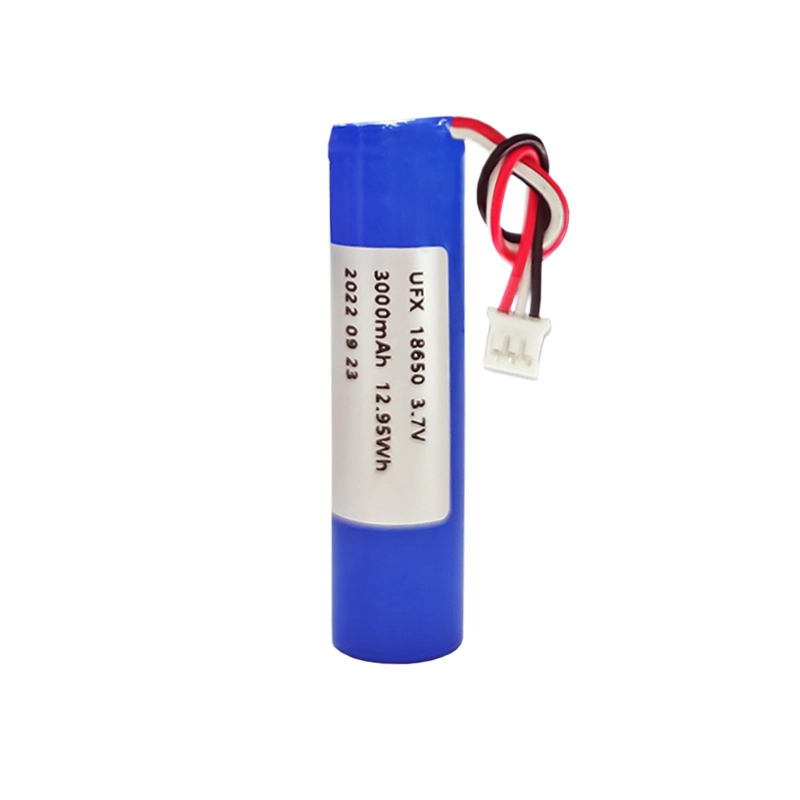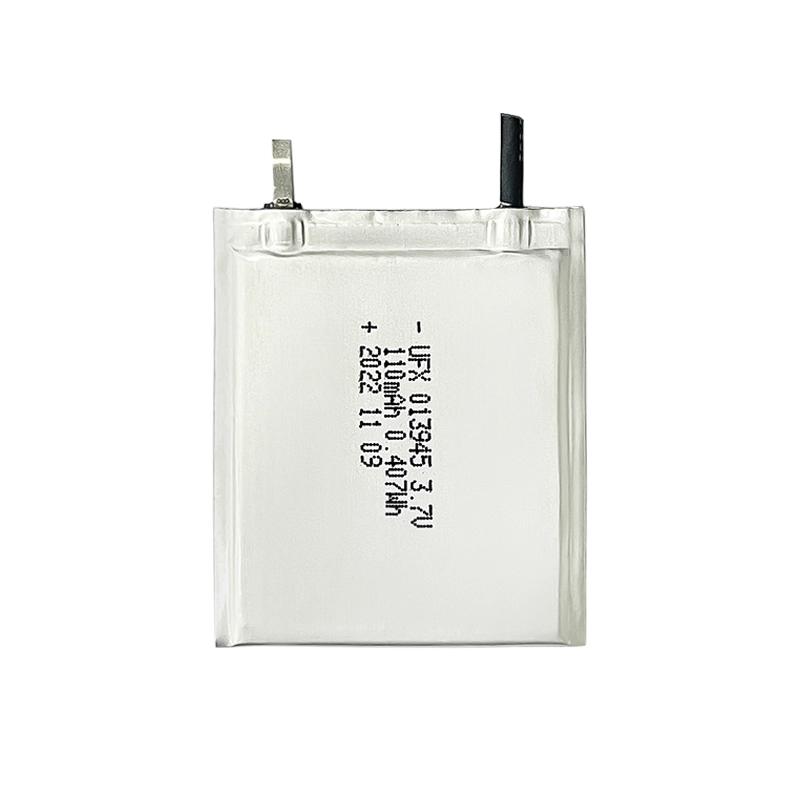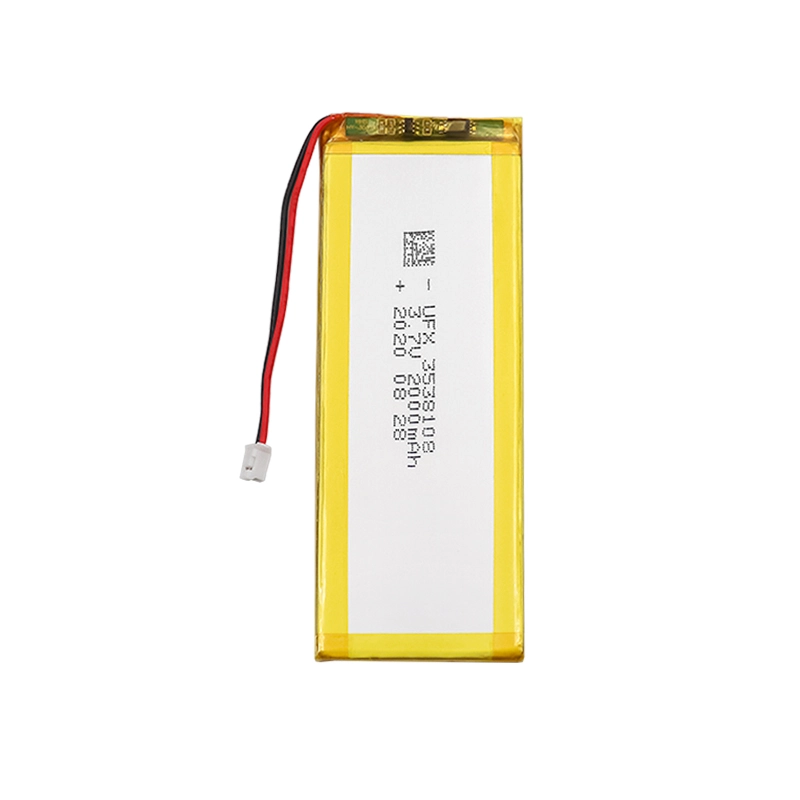
Everything You Should Know About Remote Control Battery
When it comes to keeping your remote-controlled devices running smoothly, the importance of choosing the right remote control battery cannot be overstated. Whether it’s for your TV, gaming console, or drone, the battery powering your remote control plays a crucial role in ensuring uninterrupted performance. At Ufine Battery, we understand the significance of reliable power solutions and offer a range of high-quality lithium batteries that are custom-designed to meet your specific needs.
Types of Remote Control Batteries
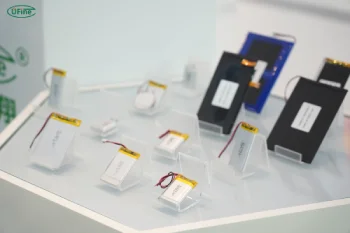
1. Alkaline Batteries:
- These are the most common and affordable type of remote control batteries.
- Typically available in AA, AAA, or smaller sizes, they provide consistent power for most low-drain devices.
- Alkaline batteries are single-use and need replacement after depletion.
2. Lithium Batteries:
- Known for their high energy density, lithium batteries last longer than alkaline ones.
- They are lightweight, perform well in extreme temperatures, and are ideal for high-drain devices.
- Available in non-rechargeable and rechargeable variants.
3. Rechargeable Batteries:
- Options like nickel-metal hydride (NiMH) and lithium-ion batteries can be recharged multiple times, reducing waste and long-term costs.
- Ideal for frequent use devices like gaming controllers.
4. Button Cell Batteries:
- Commonly found in compact remote controls for devices like car keys and small electronic gadgets.
- These are single-use batteries with limited capacity but sufficient for low-energy applications.
Lithium Battery VS Alkaline Battery: How to Choose?
Why Choose Lithium Batteries for Remote Controls?
Lithium batteries have become the preferred choice for many remote control devices, thanks to their many advantages. Here’s why you should consider using lithium batteries for your remote control:
- Longer Lifespan: Lithium batteries offer a longer battery life compared to traditional alkaline batteries, reducing the frequency of replacements.
- Superior Performance: They provide a consistent voltage output, ensuring your remote control works reliably for a longer period.
- Lightweight and Compact: Lithium batteries are lighter and smaller, allowing remote controls to remain ergonomic and easy to handle.
- Eco-friendly: Lithium batteries have a lower environmental impact compared to other disposable battery types, and rechargeable versions can be used multiple times.
Custom Remote Control Batteries for Your Needs
At Ufine Battery, we pride ourselves on offering custom lithium battery solutions that cater to the specific requirements of various remote control devices. Whether you need a higher voltage, a smaller size, or a larger capacity, our team can design a battery that fits your exact specifications. We are dedicated to delivering high-performance, durable, and efficient batteries for all types of remote control applications.
Signs Your Remote Control Battery Needs to Be Replaced
No one wants to deal with a remote control that stops working in the middle of an important task. Here are a few signs it may be time to replace your remote control battery:
- Weak or Unresponsive Buttons: If the buttons on your remote control become less responsive, it’s often a sign that the battery is running low.
- Intermittent Functionality: If your remote control works sporadically, the battery may be losing its power.
- Flickering or Dim Display: A dim or flickering display can also indicate that the battery is not providing a consistent charge.
How Long Do Remote Control Batteries Last?
The lifespan of a remote control battery depends on several factors, including the type of battery, the device’s energy consumption, and how often the remote is used. On average:
-
Alkaline batteries last anywhere from 6 months to 2 years in low-drain devices.
-
Lithium batteries can last 2-3 years in similar conditions.
-
Rechargeable batteries have a lifespan measured in charge cycles, typically around 500-1,000 cycles, depending on the brand and maintenance.
Factors Affecting Battery Life
- Usage Frequency: Heavy usage drains batteries faster.
- Standby Power: Some remotes consume a small amount of energy even when not in active use.
- Environmental Conditions: Extreme temperatures can shorten battery life. Alkaline batteries perform poorly in cold weather, while lithium batteries excel in both hot and cold conditions.
- Device Power Requirements: High-drain devices like smart remotes and gaming controllers use up batteries quicker.
How to Choose the Right Battery for Your Remote Control
Selecting the best battery for your remote control depends on the device’s energy requirements and your usage habits. Here are some tips:
-
Check Compatibility: Refer to the user manual or inspect the battery compartment to find the required size and type (e.g., AA, AAA, CR2032).
-
Evaluate Performance Needs: If you use the remote frequently, opt for rechargeable batteries or high-capacity lithium batteries.
-
Budget Considerations: For occasional use, cost-effective alkaline batteries may suffice.
-
Environmental Impact: Rechargeable batteries are an eco-friendly choice as they reduce waste.
Tips for Extending Battery Life
-
Turn Off the Device: If the remote control has an on/off switch, turn it off when not in use.
-
Remove Batteries When Not in Use: If you don’t plan to use the remote for an extended period, remove the batteries to prevent leakage.
-
Store Batteries Properly: Keep unused batteries in a cool, dry place away from direct sunlight or extreme temperatures.
-
Clean Battery Contacts: Dust or corrosion on the contacts can affect performance. Use a dry cloth to clean them periodically.
-
Use Fresh Batteries Together: Mixing old and new batteries can cause uneven power output and reduce efficiency.
Environmental Considerations
Proper disposal and recycling of remote control batteries are essential for minimizing environmental impact. Batteries contain chemicals like mercury, cadmium, and lithium, which can be harmful if not disposed of correctly.
Recycling Remote Control Batteries
-
Find a Recycling Program: Many local waste management facilities and retailers offer battery recycling programs.
-
Dispose of Non-Rechargeable Batteries Responsibly: Avoid throwing them in regular trash; instead, take them to designated drop-off points.
-
Rechargeable Batteries: These are more eco-friendly as they reduce the number of single-use batteries discarded.
Common Issues and Troubleshooting
Occasionally, remote controls may fail to work even with new batteries. Here are some troubleshooting steps:
-
Check Battery Orientation: Ensure the batteries are inserted correctly, following the positive (+) and negative (-) markings.
-
Inspect for Corrosion: Remove any white or green residue on the battery contacts using a cotton swab and rubbing alcohol.
-
Test the Batteries: Use a battery tester to confirm they have sufficient charge.
-
Reset the Remote: For advanced remotes, resetting or re-pairing with the device might resolve the issue.
Future Trends in Remote Control Batteries
As technology evolves, the demand for more efficient and environmentally friendly battery solutions continues to grow. Emerging trends include:
-
Solar-Powered Remotes: Some manufacturers are developing remote controls that use solar panels for power.
-
Advanced Rechargeable Options: Innovations in lithium-ion technology promise longer life cycles and faster charging.
-
Energy Harvesting Devices: Future remotes may harness energy from motion or ambient light to reduce dependence on traditional batteries.
Ufine Battery is a well-known Chinese custom lithium battery manufacturer that provides lithium batteries for various remote control devices. We can customize remote control lithium batteries of different voltages, sizes, and capacities according to different customer needs. Contact us now to customize remote control batteries!
High Energy Density
It stores large amounts of energy in a smaller and lighter package
Longer Cycle Life
Withstands extensive charge and discharge cycles
Low Self-Discharge
Maintains power longer when not in use
Safety
Minimizes the risk of accidents and ensures safe operation
More Information About Remote Control Battery
-
Can I mix old and new batteries in my remote control?
-
Why do remote control batteries sometimes leak?
-
Are lithium batteries safe to use in all remote controls?
-
What should I do if my remote control battery compartment is corroded?
-
What causes remote control batteries to drain quickly?
-
Is it okay to store spare batteries in the remote control?
Latest Blogs
About Lithium Battery Industry News

Paper Battery vs. Flexible Battery: What’s the Difference and Which Is Better?
Paper vs. flexible batteries: learn the key differences, benefits, and which power source fits best for wearables, sensors, and smart tech.
2025/04/11 Ufine

What to Know Before Buying a Tiny LiPo Battery for Your Project
Tiny LiPo batteries are powerful and compact. Learn how to choose the right one for your project with specs, safety, and charging tips.
2025/04/11 Ufine

Bloated LiPo Battery: Will It Explode?
Will a bloated LiPo battery explode? Discover the causes, risks, safety steps, and expert tips to avoid disaster and protect your gear. Must-read safety guide!
2025/04/10 Ufine
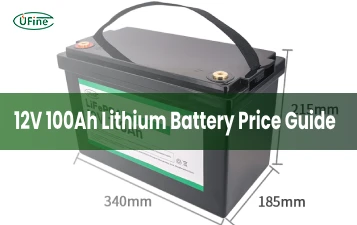
12V 100Ah Lithium Ion Battery Price: Full Guide
Learn about 12V 100Ah lithium-ion battery price, from cost ranges to best brands, hidden fees, and how to get the best deal. A must-read for smart buyers!
2025/04/10 Ufine

Resistance and Conductivity: What It Means for Your Lithium Batteries
Resistance and conductivity impact lithium battery performance, lifespan, and safety—learn how they work and why they matter.
2025/04/10 Ufine

What Is a Semi Solid State Battery and Why Should You Care?
Semi-solid-state batteries combine safety and high energy density, making them ideal for EVs, electronics, and future energy storage.
2025/04/10 Ufine

